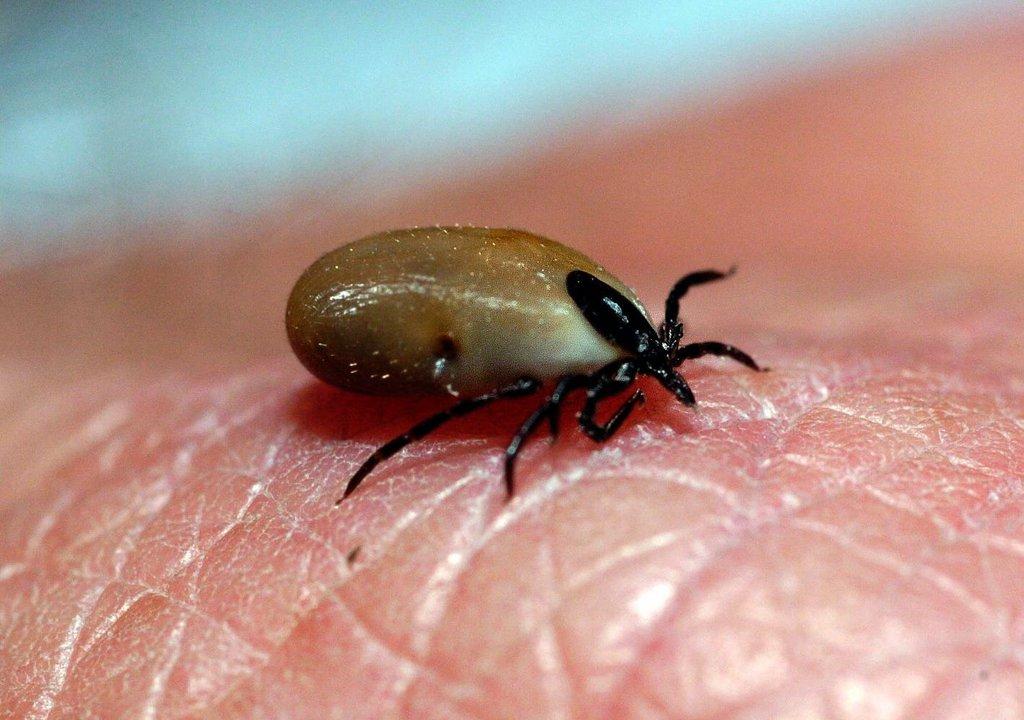Switzerland to launch national biomonitoring study

The Swiss interior ministry has announced a two-phase project aimed at systematically gathering and analysing biological data from the Swiss population to help monitor certain health risks.
A four-year pilot project with 1,000 volunteer subjects will be followed by a ten-year biomonitoring study with 100,000 subjects, the health ministryExternal link told the press in Bern on Monday.
The aim will be to gather biological samples and data from volunteers to help monitor certain health risks, such as exposure to chemical substances and environmental pollutants, or dietary deficiencies, for example.
Two-phase project
The project pilot phase, to be carried out from 2017-2020, was approved two weeks ago by the cabinet. In this phase, the Swiss Biobanking PlatformExternal link will set up a centralised infrastructure for gathering and managing biological samples and data to guarantee quality and comparability over the long term. This infrastructure will unite six hospitals, as well as several universities and the Swiss Federal Institutes of Technology in Zurich and Lausanne.
One thousand volunteers between 20 and 69 years, representative of the population, will be recruited between now and 2018 in Lausanne and Basel, health ministry spokeswoman Martine Bourqui told the Swiss News Agency on Monday.
Ethical, legal and data protection issues should also be clarified in this phase. The publication of results is expected by 2020.
At the end of the pilot study, the Swiss cabinet will decide whether to launch a national programme based on air pollution or cardiovascular disease cohort models, which will involve 100,000 participants who will submit to health exams, give biological samples, and answer questionnaires at regular intervals. The large sample size will allow researchers to better evaluate specific risk factors, and to analyse geographical subsets or groups of people.
The pilot study should cost just under CHF 1 million ($1 million), while the subsequent programme is estimated to cost CHF 10 million per year for ten years.
Catching up
Until now, Switzerland has lacked a coordinated, large-scale strategy for gathering health data. Current data collection efforts are fragmented, which means it is difficult to get an overall, nation-level view of the state of health of the population, and to understand the long-term impact of certain environmental factors and behaviours.
Without such data, policy decisions about risk management, for example concerning chemical products, are often based on data from neighbouring countries. These data cannot account for local variables like the industrial environment, pesticide and cosmetic product use, or dietary habits, which can vary widely from country to country or even between cantons within Switzerland.
Large-scale monitoring can help researchers understand the long-term effects of substances like e-cigarettes, nanomaterials, endocrine disruptors, and artificial sweeteners, for example.

In compliance with the JTI standards
More: SWI swissinfo.ch certified by the Journalism Trust Initiative











You can find an overview of ongoing debates with our journalists here . Please join us!
If you want to start a conversation about a topic raised in this article or want to report factual errors, email us at english@swissinfo.ch.